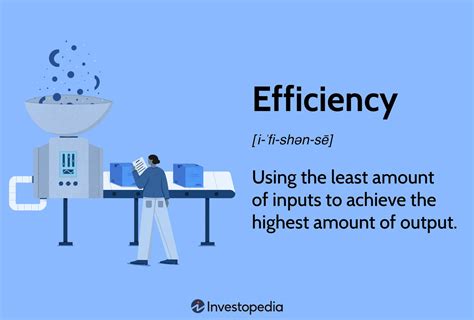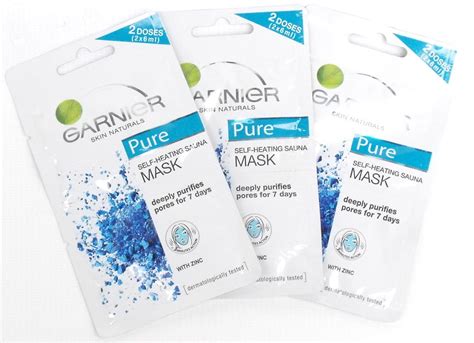Boost T naturally: What diet & training optimize men’s hormonal health?
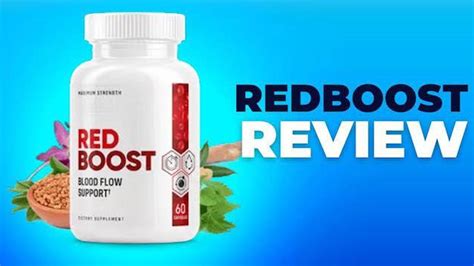
Understanding Testosterone’s Vital Role
Testosterone, often hailed as the king of male hormones, plays a pivotal role far beyond just sex drive and muscle mass. It influences mood, energy levels, bone density, red blood cell production, and overall cognitive function. As men age, testosterone levels naturally decline, but modern lifestyle factors like poor diet, lack of exercise, chronic stress, and inadequate sleep can accelerate this decline, leading to a host of undesirable symptoms. The good news is that significant improvements can be made naturally through targeted diet and training strategies.
The Cornerstone of Diet: Macronutrient Balance
Optimizing your diet is perhaps the most impactful step in supporting natural testosterone production. It’s not just about specific foods, but the overall balance of macronutrients – fats, proteins, and carbohydrates – that provides the raw materials and signals for hormone synthesis.
- Healthy Fats: Crucial for hormone production, cholesterol is a precursor to testosterone. Focus on monounsaturated and polyunsaturated fats found in avocados, nuts, seeds, olive oil, and fatty fish. Saturated fats from quality sources in moderation are also beneficial.
- Adequate Protein: Essential for muscle repair and growth, protein also plays a role in overall hormonal health. Aim for high-quality sources like lean meats, poultry, fish, eggs, and legumes.
- Complex Carbohydrates: Often demonized, carbs are vital for energy, glycogen replenishment, and preventing cortisol spikes, which can suppress testosterone. Choose complex carbs like whole grains, fruits, and vegetables.
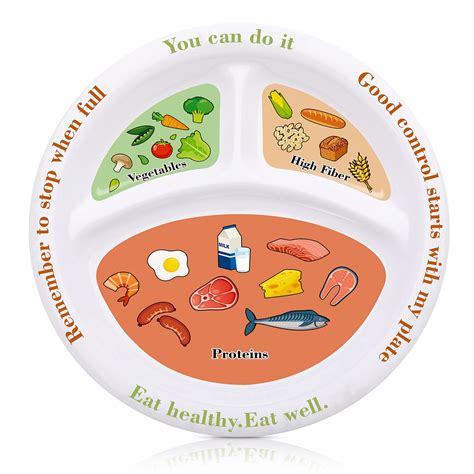
Key Foods for T Production and Estrogen Balance
Beyond macronutrient ratios, certain micronutrients and specific foods are particularly beneficial for testosterone synthesis and maintaining a healthy hormonal balance, including managing estrogen levels.
- Zinc-Rich Foods: Oysters, red meat, poultry, beans, and nuts are excellent sources of zinc, a mineral critical for testosterone production.
- Vitamin D: Often called the ‘sunshine vitamin,’ Vitamin D is actually a steroid hormone itself and is strongly linked to testosterone levels. Fatty fish (salmon, mackerel), egg yolks, and fortified foods are good dietary sources, but sun exposure is primary.
- Magnesium: Found in leafy green vegetables, nuts, seeds, and whole grains, magnesium can increase free testosterone levels.
- Cruciferous Vegetables: Broccoli, cauliflower, Brussels sprouts, and cabbage contain compounds that help the body metabolize estrogen, preventing its excess from potentially lowering testosterone.
- Antioxidant-Rich Foods: Berries, dark leafy greens, and colorful vegetables combat oxidative stress, which can negatively impact hormonal health.
Conversely, limit processed foods, excessive sugar, trans fats, and excessive alcohol consumption, as these can negatively impact hormone levels and overall health.
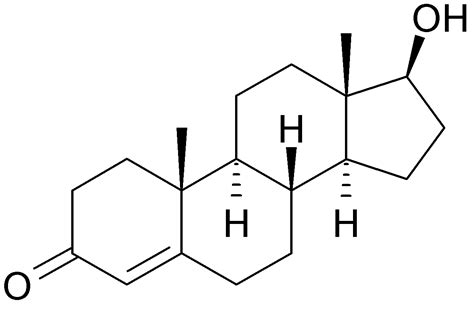
Training for Hormonal Health
Exercise is a potent stimulator of testosterone, but the type and intensity matter. A well-structured training program can significantly boost your natural T levels.
- Strength Training: Compound movements that engage multiple muscle groups (squats, deadlifts, bench presses, rows) are particularly effective. Aim for moderate to heavy weights with a focus on progressive overload.
- High-Intensity Interval Training (HIIT): Short bursts of intense exercise followed by brief recovery periods can elevate growth hormone and testosterone.
- Avoid Overtraining: While intense exercise is beneficial, excessive or chronic overtraining can lead to elevated cortisol levels, which can suppress testosterone. Ensure adequate rest and recovery between sessions.

Beyond Diet & Training: Lifestyle Factors
While diet and training are foundational, other lifestyle elements play a critical role in optimizing men’s hormonal health.
- Prioritize Sleep: Adequate, high-quality sleep (7-9 hours per night) is essential. Most testosterone is produced during deep sleep cycles. Sleep deprivation can significantly reduce T levels.
- Manage Stress: Chronic stress leads to elevated cortisol, which has an inverse relationship with testosterone. Implement stress-reduction techniques like meditation, deep breathing, or spending time in nature.
- Sunlight Exposure: Regular, safe sun exposure helps boost Vitamin D levels, which in turn supports testosterone production.
- Limit Endocrine Disruptors: Be mindful of exposure to chemicals found in plastics (BPA), certain pesticides, and personal care products that can interfere with hormone function.

A Holistic Approach to Hormonal Vitality
Boosting testosterone naturally and optimizing men’s hormonal health is not about a single magic bullet but a comprehensive, consistent approach. By focusing on a nutrient-dense diet rich in healthy fats, quality protein, and complex carbohydrates, incorporating effective strength and HIIT training, and prioritizing sleep and stress management, men can significantly improve their testosterone levels and overall well-being. Consult with a healthcare professional before making significant changes to your diet or exercise regimen, especially if you have underlying health conditions.


